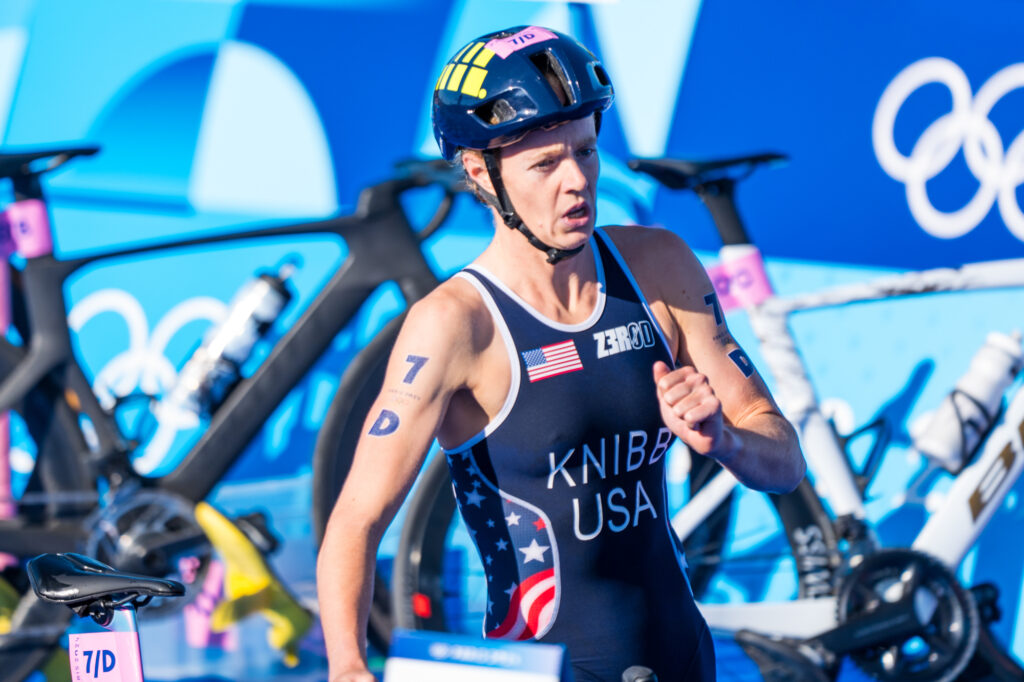Originally published at: World Triathlon Approves Competition and Transgender Athlete Policy Changes - Slowtwitch News
World Triathlon this week has announced sweeping changes to its rules and policies, impacting both elite and age group athletes across the spectrum.
The largest of these changes include revisions to World Triathlon’s official transgender athlete policies for both age group and Elite (professional) athletes. In the age group ranks, World Triathlon has created a new Age-Group Open category, which replaces the men’s category, and is applicable to “all World Triathlon and Continental Triathlon Age-Group competitions.”
All age group transgender athletes are eligible for the Open category without medical or legal eligibility criteria. The age-group female category is now limited to athletes “assigned female at birth.”
At the elite level, transgender women seeking to compete in the female category must still comply with the four year transitory period as required under the prior policy. Athletes must also maintain serum testosterone levels below 2.5 nmol/L, both during the transitory period and beyond. These athletes must also race a minimum number of times over the course of three years in the Age Group Open category, then a final year in the Elite Female category, before full Elite status will be granted. Lastly, athletes falling under the policy must participate in an academic research study in the last three years of this eligibility period.
There is no transitory period, nor testosterone requirements, for transgender men seeking to enter the Elite Male category. A signed declaration of male identity is sufficient.
World Triathlon states that medical information will be “handled with strict confidentiality, ensuring respect for athletes’ privacy.” The full revised policy can be found here.
Other Major Rule Changes for Elite Athletes

The package of rule changes approved by World Triathlon includes major revisions to water quality standards. After multiple headlines and delays with swims in the Seine for the Paris Olympics, World Triathlon has relaxed its minimum acceptable water quality standards.
Acceptable water quality standards for E.coli and Enterococci have been reduced from “excellent” to “good,” effectively doubling the allowable counts of these bacteria in bodies of water prior to swims. Swim cancellations are now no longer subject to a single individual, but “by a group that includes a Medical Committee representative, the Medical Delegate, and the LOC Medical Director.”
Other changes to swimming rules include a requirement that, in order to avoid injuries, “finger and toenails will need to be short in order for the athlete to be authorized to start.” Similarly, jewelry is prohibited. Watches are included under the jewelry prohibition for Elite races, although “the Head Referee may authorize the wearing of watches.”
Elite athletes will now earn equivalent ranking points for all events. The reduction in points for sprint and eliminator events has been removed. World Triathlon states that this change is to “to uphold competitive equity across all race formats.”
Elite athletes are also now subject to new age requirements for most races. The minimum age for most competitions has been raised, with all World Triathlon Championship Series and T100 World Tour events only open to athletes 18 or older. All standard (Olympic) distance events, regardless of level, are also 18+ only. World Cup events that are sprint or shorter are open to 17+; Continental Cup events of the same distance are open to 16+. Mixed Relay events are now 16+ as well.
Speaking of Mixed Relay, the format from now through the 2028 Olympic Games will revert to woman-man-woman-man order for all competitions, as it was for the Tokyo 2020 Games.
Bike position foul penalties have also been changed for non-drafting events. First, there has been unification around a standard 12-meter draft zone, as well as 25 seconds to complete a pass. Drafting penalties have been reduced across the board:
- Long Distance: Reduced to 3 minutes
- Middle Distance: Reduced to 2 minutes
- Standard Distance: Reduced to 1 minute
- Sprint Distance: Reduced to 30 seconds
Lastly, Elite athletes are now permitted to wear sleeved kits for all event distances, so long as the sleeves do not extend beyond the elbow. These kits still must retain a back zipper, and advertising on kits is still limited to the same size area as non-sleeved kits.
